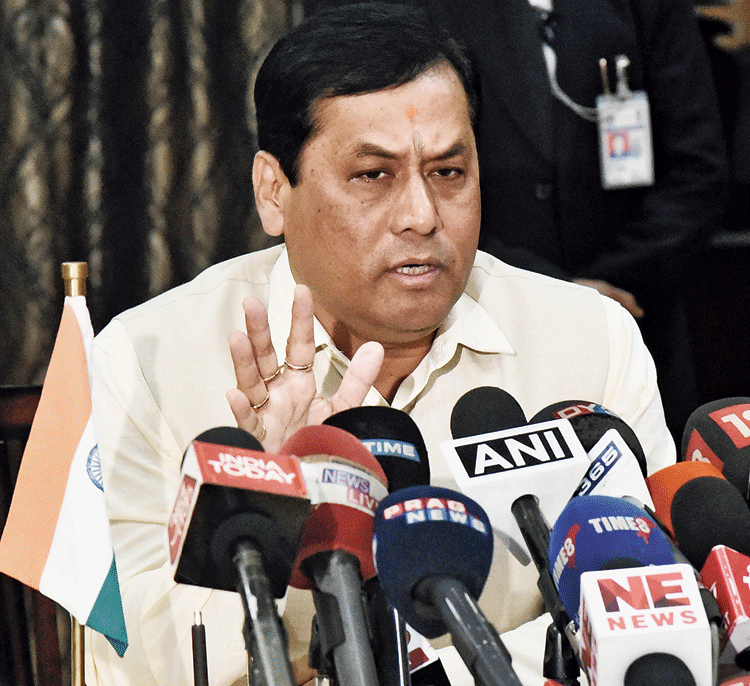At least 1,500 cadres of four factions of the National Democratic Front of Boroland (NDFB) will lay down arms before Assam chief minister Sarbananda Sonowal, along with nearly 130 weapons, at a surrender ceremony here on Thursday.
The NDFB factions, which have signed a peace treaty with the government on Monday, will give up arms as a part of the agreement of the Bodo Accord. This will be the second surrender ceremony in the state within a week.
Last Thursday, 644 rebels from eight militant groups, including United Liberation Front of Assam-Independent (Ulfa-I), NDFB, Kamtapur Liberation Organisation (KLO), Rabha National Liberation Front (RNLF) and others laid down 177 arms, responding to a government peace initiative that will allow them to rehabilitate under government schemes.
“The arms-laying ceremony by the members of the NDFB groups will be held at Gauhati Medical College and Hospital auditorium at Bhangagarh. Besides, the chief minister, state finance minister Himanta Biswa Sarma, Assam police chief Bhaskar Jyoti Mahanta along with others will be present at the event,” said official sources.
The four factions of the NDFB, which signed the pact, are led by Ranjan Daimary, Govinda Basumatary, Dhiren Boro and B. Saoraigwra. Though three factions of the outfit were already in peace talks with the government, the lone faction, led by B. Saoraigwra, came overground on January 11 and signed a ceasefire agreement, paving the way for the recently signed Bodo Accord. “With this Bodo Accord and the joining of the cadres of NDFB in the mainstream, it’s the end of the violent Bodo movement,” said Sarma. He added that according to the treaty, the criminal cases registered against members of the NDFB factions for non-heinous crimes shall be withdrawn by the state government, according to the procedure established by law.
However, criminal cases registered in connection with heinous crimes shall be reviewed case by case according to the existing policy.










